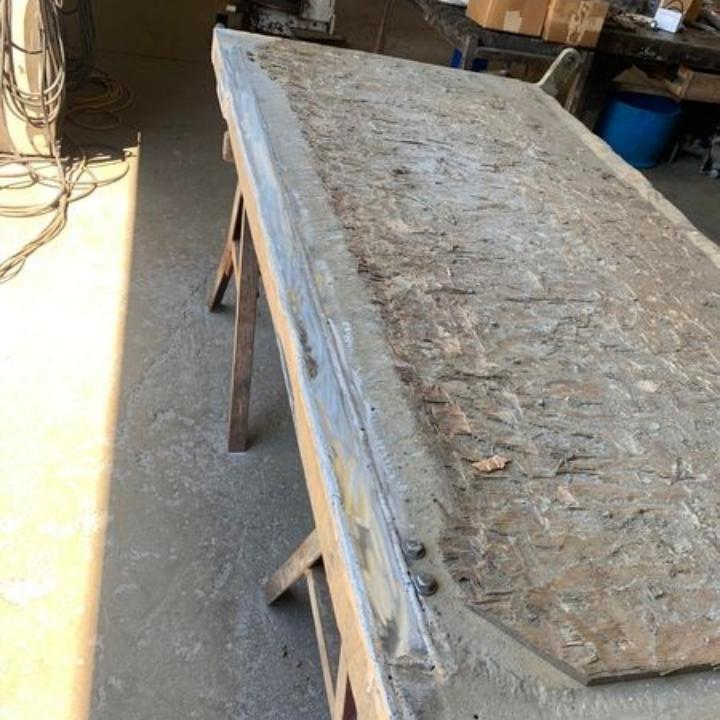What is Fabrication?
by siteadmin

Fabrication is the process of making parts by using various processes such as welding, cutting, bending or shaping materials.
Fabrication is a type of manufacturing that requires precision, accuracy and consistency in the finished product. It’s an efficient and cost-effective way to produce a range of products and structures.
Definition
Fabrication is the process of creating products by combining diverse, typically standardised parts. It is often used in the manufacturing of machines, tools and appliances, but can also be applied to building structures using metal.
Usually, fabrication will include cutting (through chiselling, sawing, shearing or torching), bending (with powered and manual hammers, press brakes, tube bending tools) and assembly (through adhesives, binding, threaded fasteners, rivets, crimping or welding). It can be performed on a variety of materials and can even involve reshaping raw hot metal into finished items.
Fabricators work with design sketches, computer-aided design (CAD) software and working prototypes to produce a final product that meets specifications. The accuracy of fabrication output depends on the quality of the CAD drawing, the equipment used and the skill of the workers.
Processes
Fabrication is the process of creating an industrial product or structure from raw or semi-finished materials. It is used for both custom and stock products.
Most fabrication products are crafted from a wide range of metals and their alloys. These include steel, aluminum and copper.
Common metal fabrication processes involve cutting, bending and assembling. The cut is made with a saw or other specialized cutting tools, while bending involves using hydraulic equipment and other machinery to bend the material into the desired shape.
The resulting piece will often be welded or crimped before it is assembled into the final product. The assembly process may also include powder coating, which creates a custom-looking finish for the metal.
Materials
Fabrication is a technique that involves shaping raw materials into new products. It is used in a variety of industries, including manufacturing and engineering.
There are many different types of fabrication materials, each with its own set of advantages and disadvantages. It is important to choose the right material for your project.
Steel is one of the most commonly used metals for fabrication, and it is often chosen due to its durability and high tensile strength. It is an excellent choice for structural fabrication projects and can be molded into nearly any shape required by a design.
Another popular metal that is used for fabrication is stainless steel, which offers enhanced mechanical properties and is a great choice for medical device and food processing equipment manufacturing. It is also a greener option than other construction materials, and it can be recycled to help prevent pollution.
Safety
Fabrication companies that place a high value on safety are able to deliver higher levels of quality and production results. They also experience fewer accidents, less material handling expense and lower employee turnover.
A safety program that empowers metal workers to take initiative, discover solutions and collaborate with management can create a culture of accountability. It also helps close communication loops between employees and management if an incident occurs.
To implement a safety culture in your shop, begin by creating a list of potential hazards that your business is susceptible to. This can include hazards like pinch points, trip hazards, exposed moving parts, electrical exposures, hot surfaces, sharp edges or corners, environmental, fall hazards and more.
Next, identify and assess the most significant risk areas on your shop floor. Lastly, develop a series of procedures that address each risk area.
https://www.tackettwelding.com/
Fabrication is the process of making parts by using various processes such as welding, cutting, bending or shaping materials. Fabrication is a type of manufacturing that requires precision, accuracy and consistency in the finished product. It’s an efficient and cost-effective way to produce a range of products and structures. Definition Fabrication is the process of…
